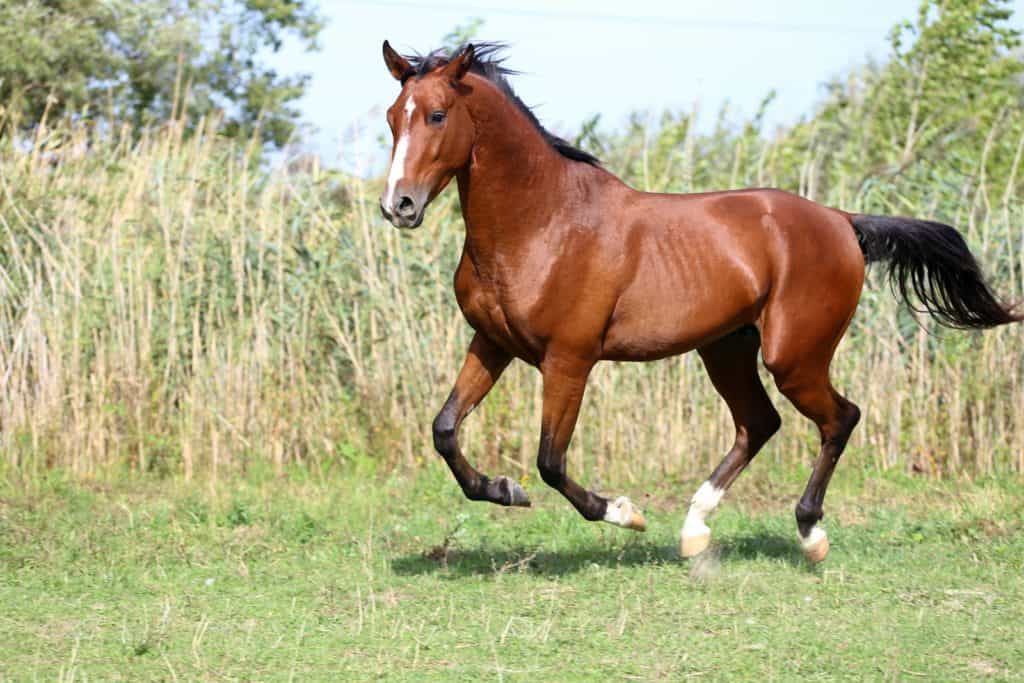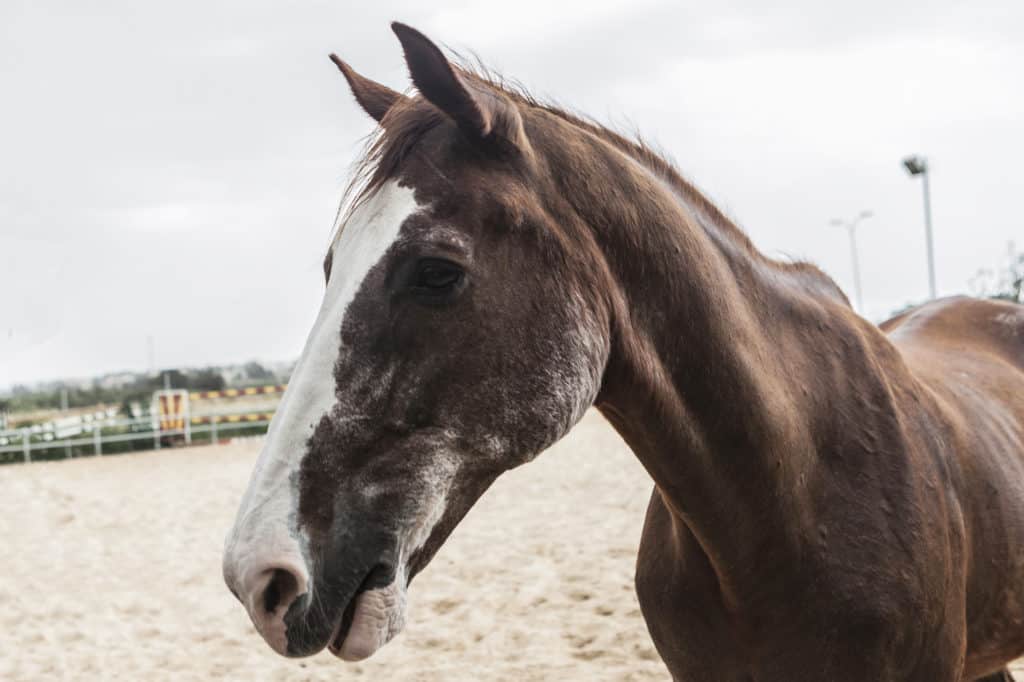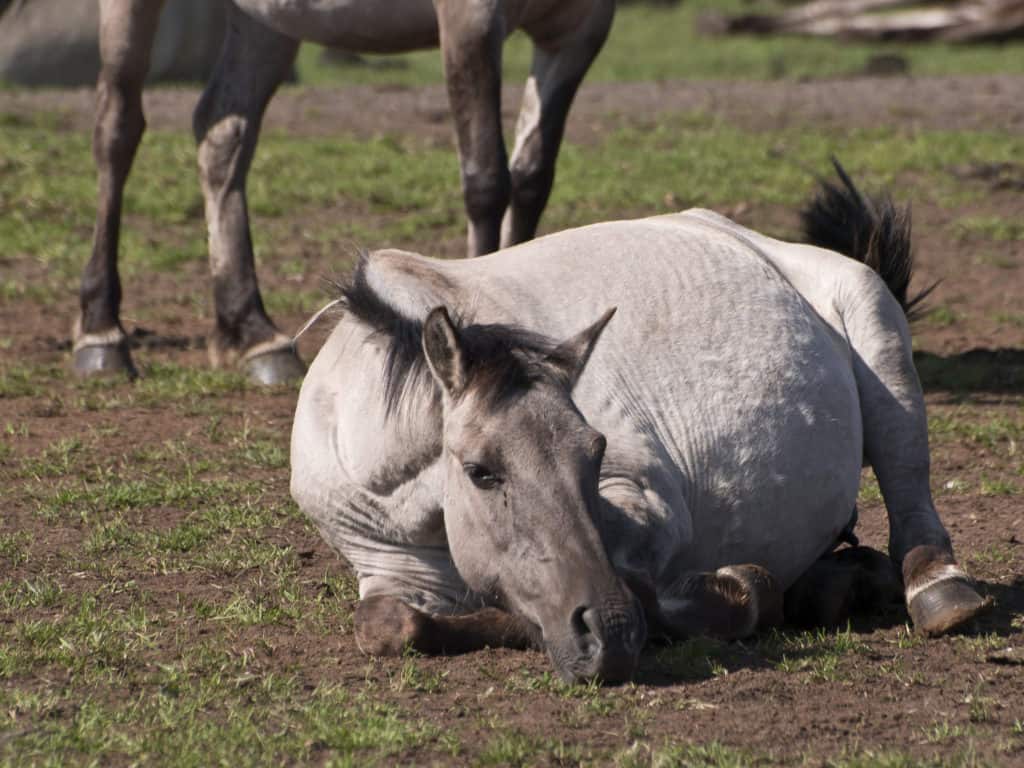
Your Guide to an Outrageously Shiny Equine Coat
Experts share feeding, grooming, and bathing tips to keep your horse’s hair coat gleaming.
Proper feeding practices for foals, adult horses, and older horses

Experts share feeding, grooming, and bathing tips to keep your horse’s hair coat gleaming.

What should and shouldn’t horses with heaves (or equine asthma) eat? A nutritionist offers advice.

Can feeding copper help darken a horse’s coat and prevent sun-bleaching? Learn more about this important trace mineral.

When switching your horse to a forage-focused diet, first obtain a hay analysis and choose a ration balancer that fills the nutritional gaps.

After years of speculating that colic occurs more frequently in horses that crib, researchers have finally provided consistent data confirming this association.

Learn why this antioxidant is important for muscle health and how to supplement it safely.

Don’t balk at the S-word on the feed label. It might be just what your adult horse needs.

Alimend, a gastric health supplement made by Vitalize, has helped ease an off-track Thoroughbred gelding’s gastric discomfort and keep it at bay over the past 15 months.

Is your senior horse a picky eater? Be sure he has regular veterinary dental examinations and consider changing his forage or concentrate feed.

One equine nutritionist offers dietary advice that might help reduce inflammation and guard against gastric ulcers during NSAID treatment for uveitis.

Supporting your new foal’s gut microbiome from Day 1 can have a lasting impact on his lifelong health and immunity.

Learn about 10 common plants, chemicals, organisms, and toxins your horse should never eat.

One expert explains whether horses that maintain body condition well on forage alone get enough protein from only eating hay.

An equine nutritionist offers advice about soaking beet pulp and ensuring it’s safe for horses to eat.

Researchers suggest high-protein diets might be harmful for horses with ID.

Taking these steps might help protect your mare and her foal.
Stay on top of the most recent Horse Health news with
"*" indicates required fields